MIIT Promotes Industrial Foreign Trade Development and Strengthens International Industrial Cooperation
11-23-2024 19:49
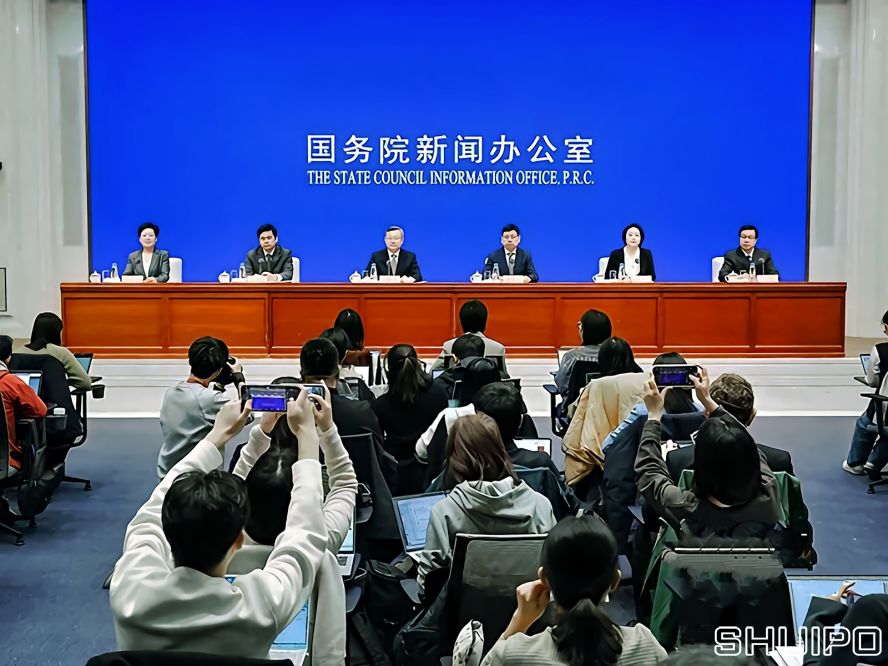
At the regular policy briefing held by the State Council Information Office on November 22, He Hailin, the head of the Operation Monitoring and Coordination Bureau of the Ministry of Industry and Information Technology, introduced the relevant policy measures for promoting the development of foreign trade in the industrial sector and strengthening international exchanges and cooperation in the industry. The following is a detailed interpretation of He Hailin's remarks.
Policy Considerations and Specific Arrangements for Promoting the Development of Industrial Foreign Trade
Industrial products account for over 90% of China's foreign trade. The Ministry of Industry and Information Technology has the following policy considerations and specific arrangements for promoting industrial foreign trade:
1.Guide enterprises to integrate into international industrial chains and supply chains.
Encourage multinational enterprises to set up R&D centers, pilot-scale platforms and production bases in China, and promote industrial innovation and cooperation. Guide domestic enterprises to enhance their international operation levels and strengthen cooperation with overseas enterprises through means such as overseas investment in factory establishment and technology licensing. Build multiple platforms to guide Chinese and foreign small and medium-sized enterprises to share the development opportunities in China and integrate into the global market.
2. Enhance the reputation of "Made in China" brands.
Leverage the leading role of industrial design in quality improvement to enhance the reliability of mechanical and electrical products as well as their parts and components. Support intermediary organizations in strengthening industry self-discipline, guide manufacturing enterprises to compete in an orderly manner, and improve the product quality of industrial goods. Support enterprises in improving their global logistics and service systems to enhance their ability to serve global consumers. Strengthen brand protection efforts to safeguard the image of "Made in China" brands.
3. Develop digital trade and green trade.
Research and formulate action plans for the digital transformation of the manufacturing industry and for promoting artificial intelligence to empower new industrialization. Build smart factories and intelligent supply chains, and vigorously develop intelligent logistics equipment. Promote the establishment of cross-border e-commerce rules that are in line with international standards in areas such as data flow, product traceability, and electronic signatures. Thoroughly implement the action plans for reaching carbon peak in the industrial sector and key industries, boost the energy efficiency of key energy-consuming equipment, guide new energy products to meet the demands of the overseas energy transition market, and develop green and low-carbon industries and green trade.
4. Improve the service level for enterprises to "go global".
Guide intermediary organizations to provide a package of services regarding national policies and regulations, green certifications, and financial and accounting compliance. Focusing on issues faced by small and medium-sized enterprises (SMEs) when "going global", such as insufficient capabilities, poor access to channel information, and weak risk prevention abilities, organize service institutions to conduct precise matchmaking with SMEs that have the intention to "go global", and provide professional services. Cooperate with financial institutions to carry out "cross-border matchmaking" services for SMEs, build platforms for them and connect supply and demand.
Strengthen international industrial cooperation and promote the development of foreign trade.
In terms of strengthening international industrial cooperation and promoting the development of foreign trade, the Ministry of Industry and Information Technology has already carried out the following work:
1. Increase the degree of industrial openness.
The restrictions on foreign investment access in the manufacturing sector have been completely removed. In the telecommunications field, the opening up of the telecommunications industry to the outside world has been steadily promoted. Eight out of the ten value-added telecommunications services have been opened up in free trade pilot zones and other areas. Moreover, restrictions on the foreign shareholding ratio in multiple services such as business e-commerce have been further removed across the country. A total of 2,220 foreign-funded enterprises have been approved to operate telecommunications businesses in China. Pilot programs for expanding the opening up of value-added telecommunications services have been launched in places like Beijing, Shanghai, Hainan, and Shenzhen.
2. Strengthen the construction of industrial open platforms.
Promote trade liberalization and facilitation through bilateral and multilateral cooperation mechanisms. Conduct institutional consultations and exchanges with 24 countries, regions and regional organizations such as ASEAN, Germany, Italy and Brazil, and sign 28 cooperation memorandums covering fields like industry, information and communication, and small and medium-sized enterprises. Issue the "Interim Management Measures for China-Foreign Small and Medium-sized Enterprises Cooperation Zones", and approve the establishment of 15 China-Foreign Small and Medium-sized Enterprises Cooperation Zones in 10 provinces including Guangdong, Jiangsu and Zhejiang.
3. Create an open and inclusive industrial environment.
Hold the China-Africa Digital Cooperation Forum to promote policy exchanges and practical industrial cooperation with developing countries. Host the BRICS New Industrial Revolution Partnership Forum in 2024, release the "Initiative on International Cooperation in New Industrialization", advocate the creation of an open, fair, just and non-discriminatory development environment, and jointly safeguard the security and stability of the global industrial and supply chains.
Going forward, the Ministry of Industry and Information Technology will continue to adhere to open cooperation, strengthen policy coordination, and promote the in-depth integration of the manufacturing industry into the global industrial system to achieve mutual benefit and win-win results. By leveraging the role of inter-governmental bilateral and multilateral cooperation mechanisms, it will drive the coordination of policies and industrial exchanges and cooperation, support foreign-funded enterprises in setting up R&D centers in China, jointly conduct technological R&D and industrialization cooperation with domestic enterprises, encourage manufacturing enterprises to deepen foreign investment cooperation, and actively participate in the formulation of international standards, so as to introduce China's advanced technologies and standards to the international market.
Like Us
-
 Traction Module Component Work Island
Traction Module Component Work Island
-
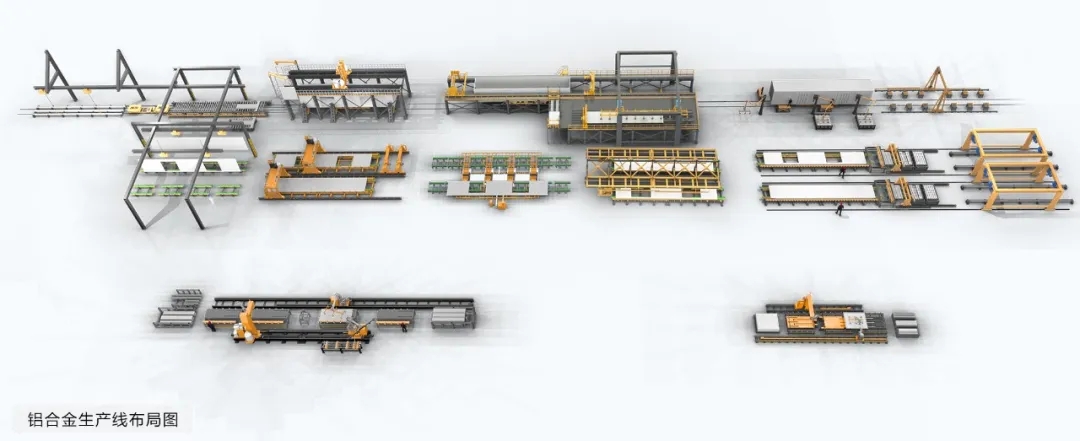 Aluminum alloy van production line
Aluminum alloy van production line
-
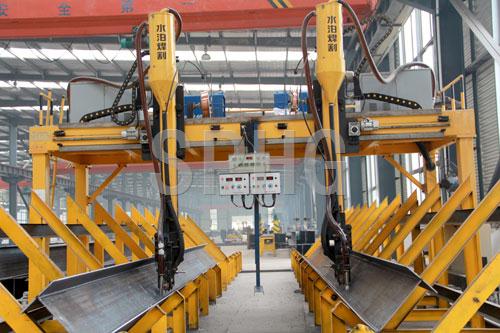 H-Beam Welding Machine
H-Beam Welding Machine
-
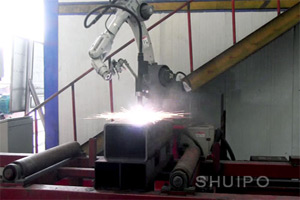 SHUIPO Cutting Robot
SHUIPO Cutting Robot
-
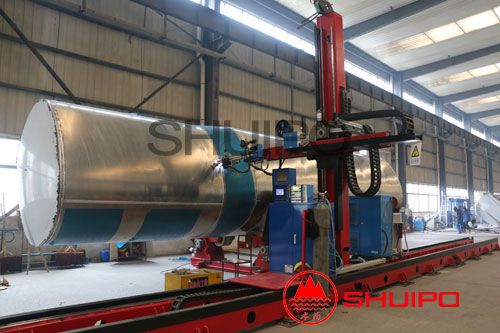 Tank Automatic Tig Welding Machine
Tank Automatic Tig Welding Machine
-
 Automatic corrugated plate welding robot
Automatic corrugated plate welding robot
-
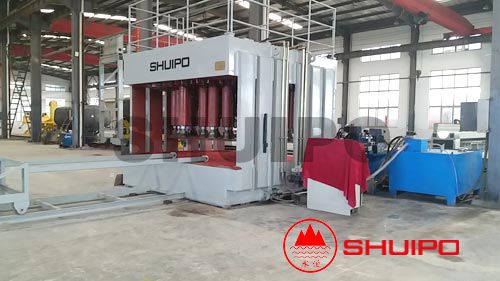 Hydraulic dished head configuring machine
Hydraulic dished head configuring machine
-
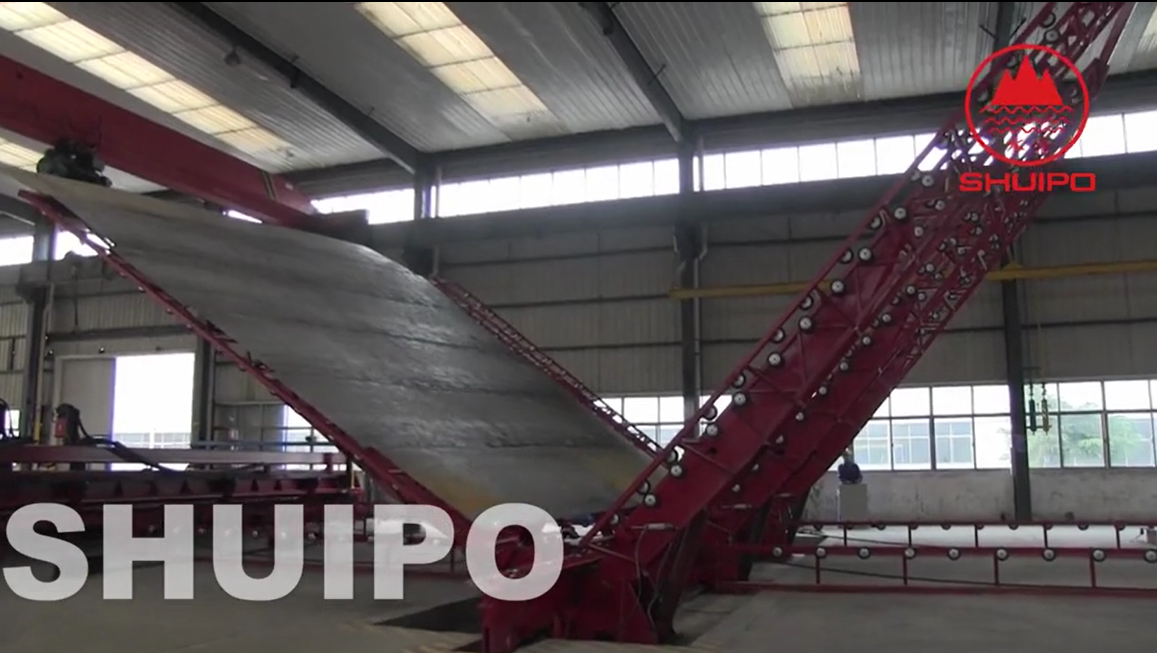 Automatic Flat Board Turnover Machine
Automatic Flat Board Turnover Machine
-
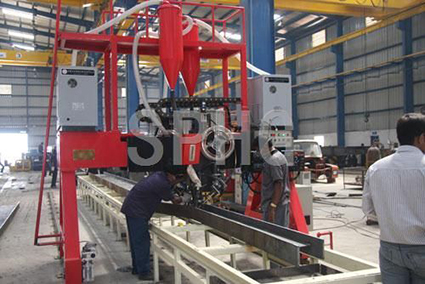 Gantry Main Sill Welding Machine
Gantry Main Sill Welding Machine
-
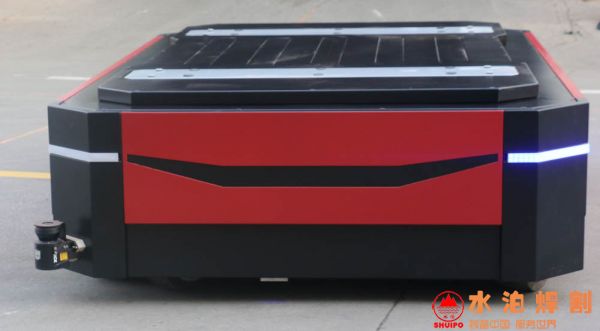 Omnidirectional AGV Service Vehicle
Omnidirectional AGV Service Vehicle

Mobile: 0086 159 0547 0098
Email: shuai@shuipo.com
Add: Industrial Park(NO.16,National highway 220),Quanpu Town, Liangshan County, Jining City, Shandong Province, China.
Post code: 272613
